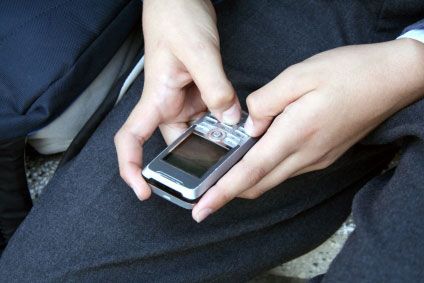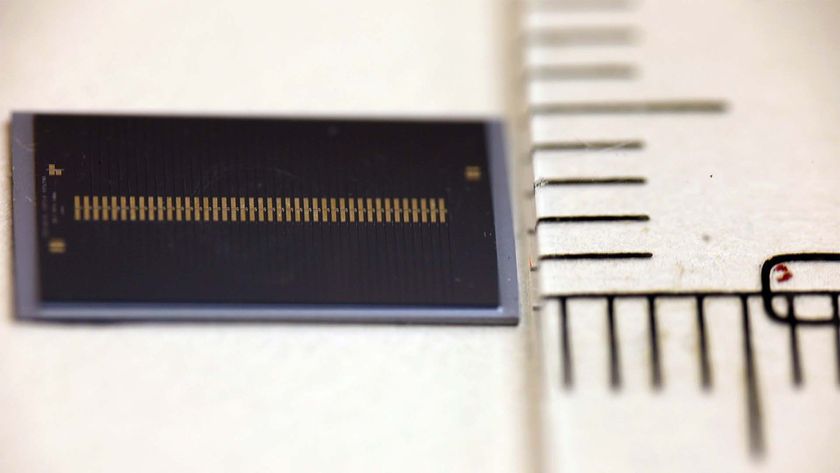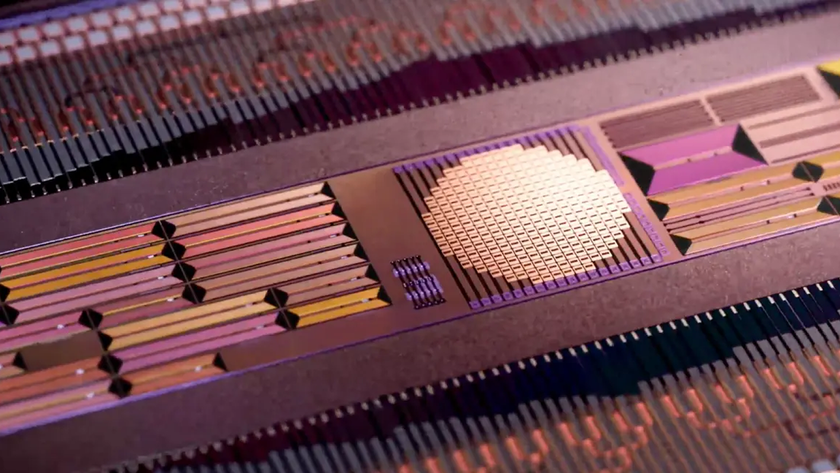Texts Remind U 2 TK UR MEDS

Text messaging has been blamed for all sorts of woes in recent years, from distracting drivers and walkers to causing chronic pain and promoting less personal communication. But a pediatrician now suggests that these quick messages have a bright side: They can remind us to take our medication.
"For better or worse, this technology is here, and sending a text to a patient's cell phone about an upcoming appointment or a test or simply to remind them to take their meds is a great example of how we can harness new communication technology for a greater good," said Delphine Robotham, a pediatrician at Johns Hopkins Children's Center.
Research has shown that up to half of patients may fail to take their daily medication properly, with forgetfulness being a top reason for non-adherence. So at least in some cases, sending a text message reminder may be all that a patient needs, said Robotham, who has encouraged the use of appropriate texting among doctors at her hospital.
There is evidence that the text reminders could benefit various types of patients. For example, one study involving children with diabetes showed text messaging improved blood glucose testing rates. Another texting study found that patients on immunosuppressive drugs after a liver transplant had better medication adherence. Such drugs are required to prevent the body from rejecting the new organ, and indeed, the liver study showed a dramatic decrease in the number of liver rejection episodes after the subjects began text messaging.
These texts would also be helpful to patients with chronic conditions that require daily medication, like HIV, asthma and TB, or daily testing, like diabetes, Robotham said.
Dr. Allison Agwu, who works with children with HIV, has been using texts to remind her patients of follow-up appointments and has seen good response.
Robotham and colleagues believe that SMS use in the medical setting will soon grow in popularity. [Collectively, Americans send more than 4 billion text messages per day.]
Sign up for the Live Science daily newsletter now
Get the world’s most fascinating discoveries delivered straight to your inbox.
"Why wouldn't it?" she said. "A patient can read a text instantly and respond unobtrusively, it doesn't require Internet access or picking up the phone in the middle of class or an important meeting. Sometimes, I call patients and I get no response, but when I text, I get a response immediately."
The pediatricians warn, however that texting is not a substitute for all communication, it could be expensive, and it doesn't always ensure reaching a patient who may have changed her number or lost his phone.
"It won't be a silver bullet but it could certainly be a nice little tool in an arsenal of many other tools," Robotham said.













